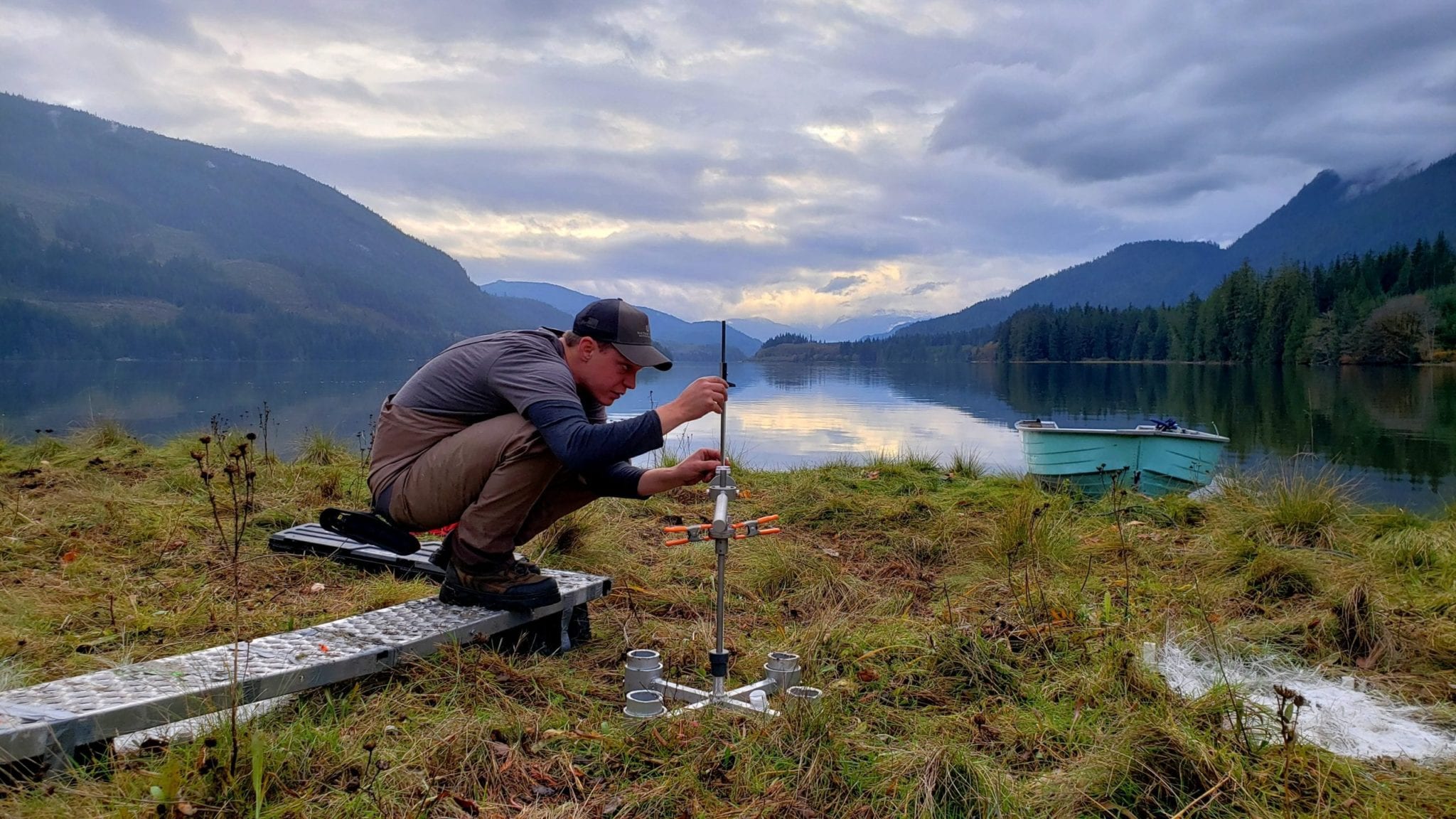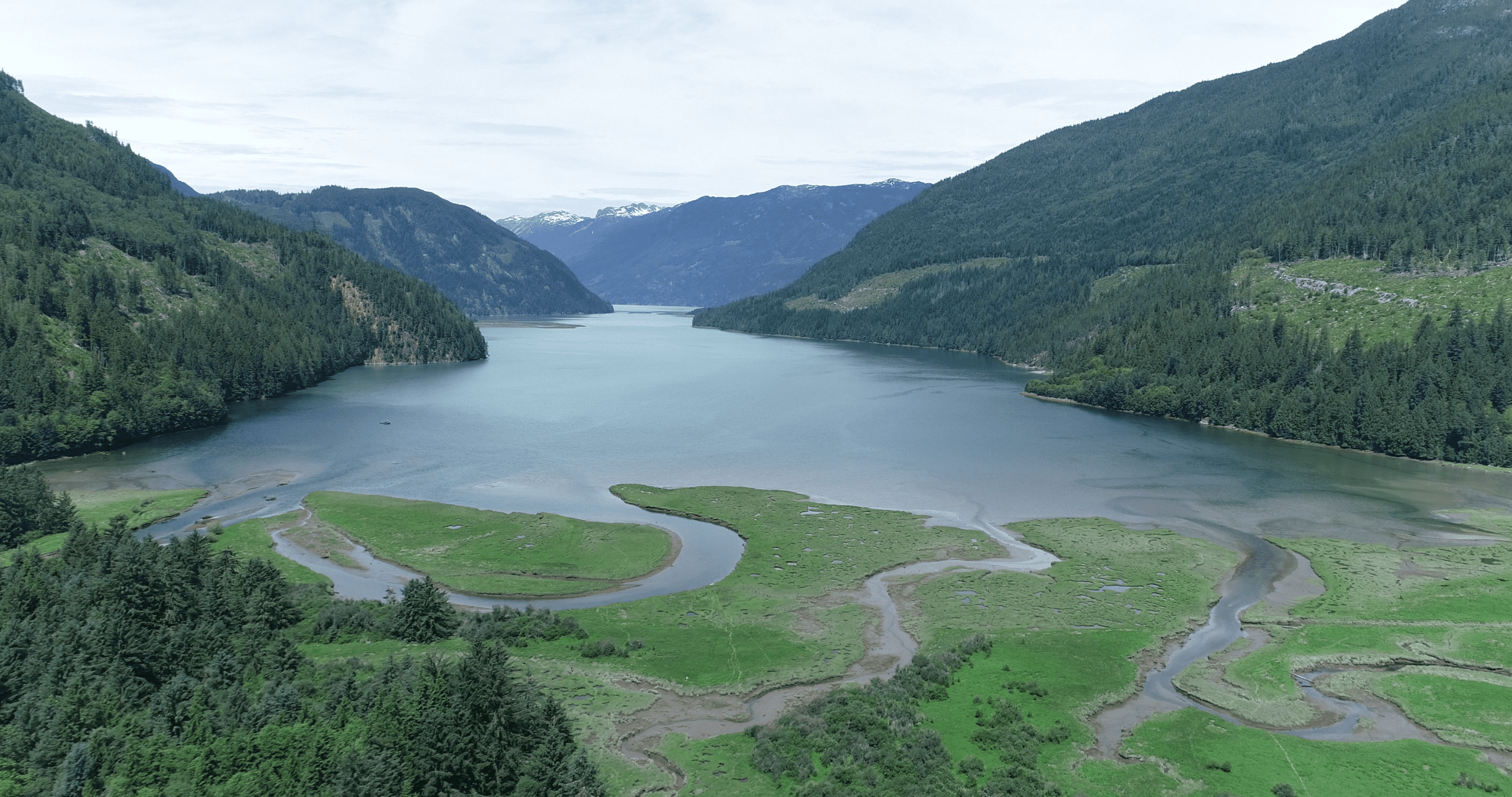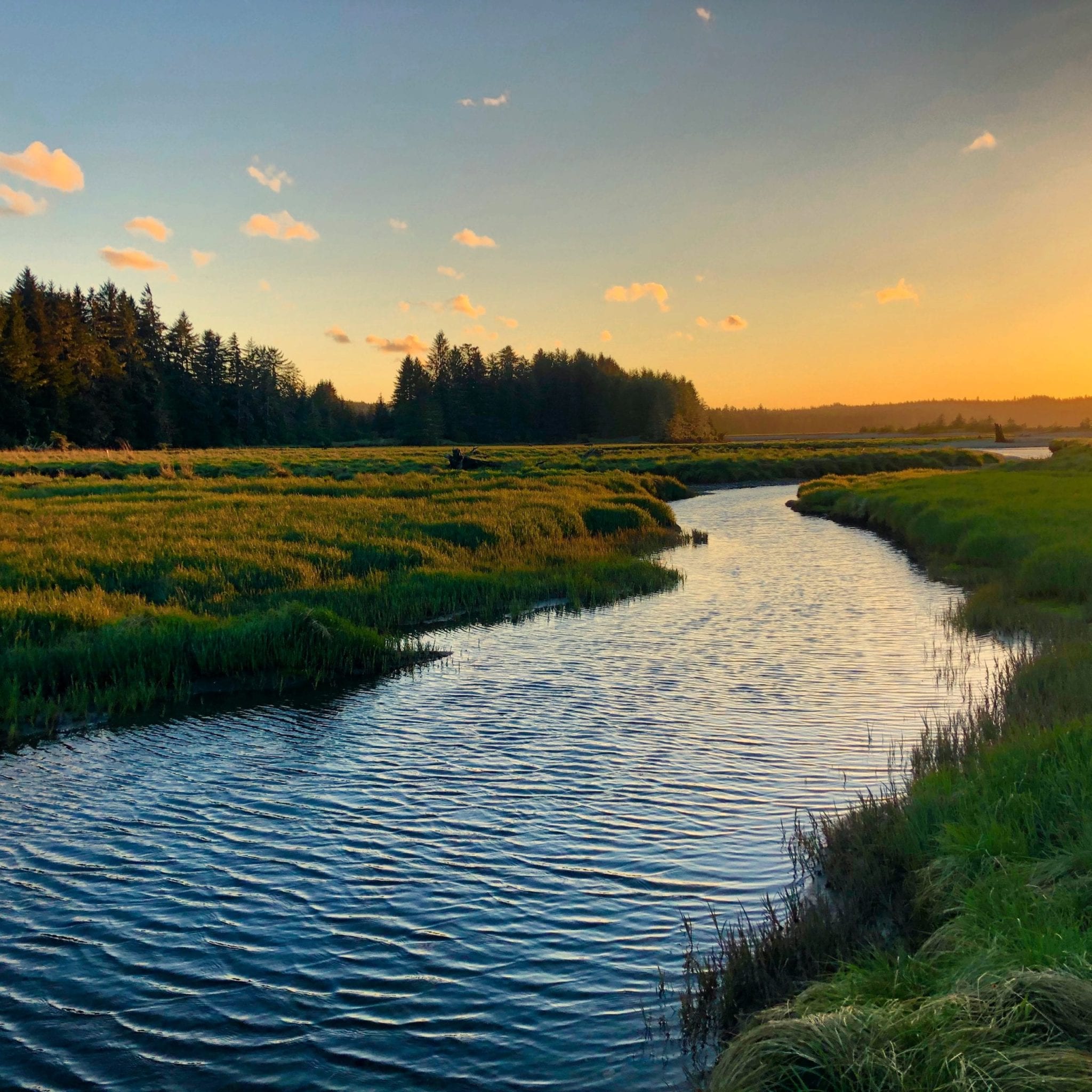Sustaining Fish and Fish Habitat in a Changing Climate
Estuaries and coastal wetlands comprise less than 3% of BC’s coastline, yet they support over 80% of BC’s coastal fish and wildlife, and provide critical habitat for Pacific salmon. Climate change is expected to significantly impact estuary ecosystems through a number of mechanisms, including rising sea-levels, ocean acidification, temperature and salinity changes, changes to freshwater and sediment inputs.
Study Overview
The Nature Trust of British Columbia has secured funding from the BC Salmon Restoration and Innovation Fund to implement a five-year project to improve estuary habitat to enhance the long-term sustainability and health of wild BC fish stocks. We will be working with Coastal First Nations and our partners in the West Coast Conservation Land Management Program. Funding for this project is provided under the BC Salmon Restoration and Innovation Fund, a contribution program funded jointly between Fisheries and Oceans Canada, and the Province of BC.
The U.S. National Estuarine Research Reserve System developed the Marsh Resilience to Sea-Level Rise (MARS) tool – a powerful approach to evaluate and compare the ability of tidal marshes to persist and thrive as sea levels rise. They conducted their research in estuaries along the west coast of the United States. The Nature Trust of BC’s research program will extend the coverage of that research northwards along the west coast of North America, providing a Canadian context.
The project takes a two-pronged approach:
- Conducting monitoring and research to assess estuary resilience to sea-level rise at 15 sites on Vancouver Island, the central coast and Haida Gwaii.
- Implementation of several major ecological restoration projects to restore core estuarine processes in Years 4 and 5.



